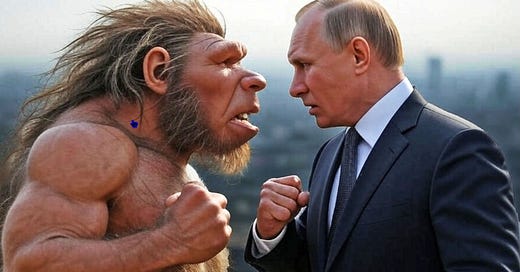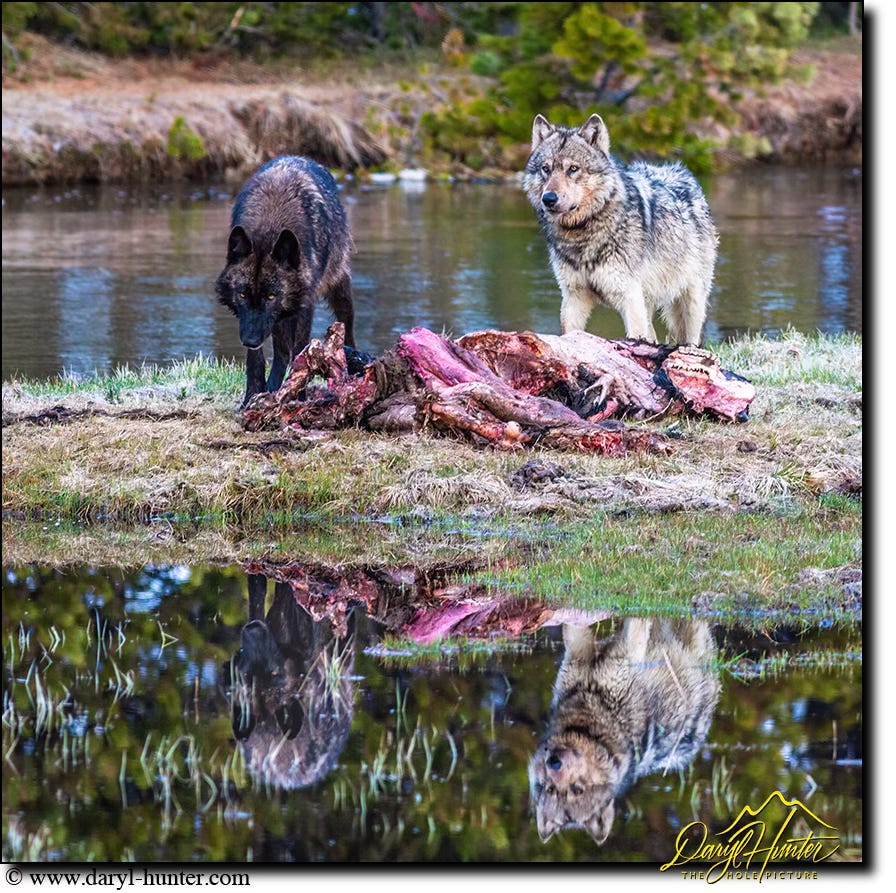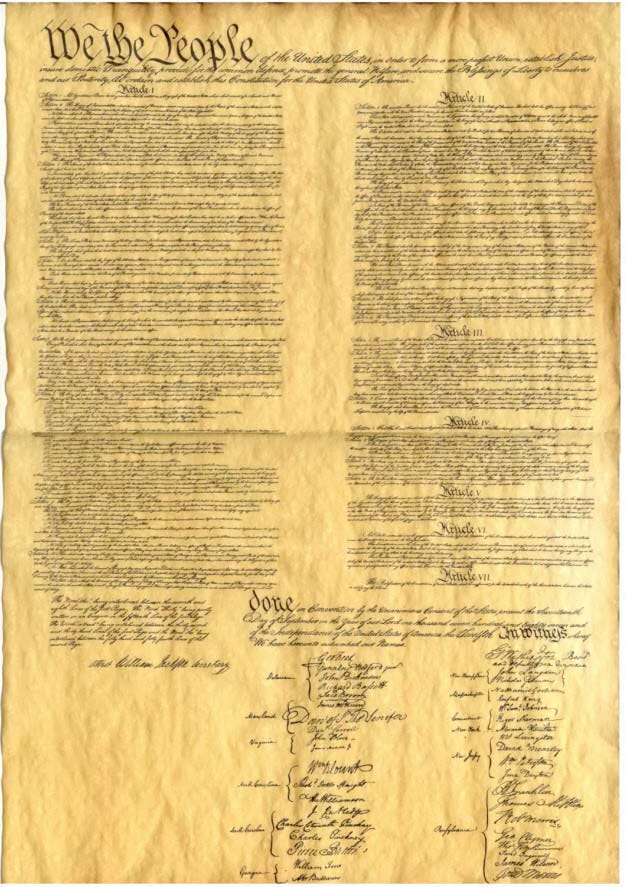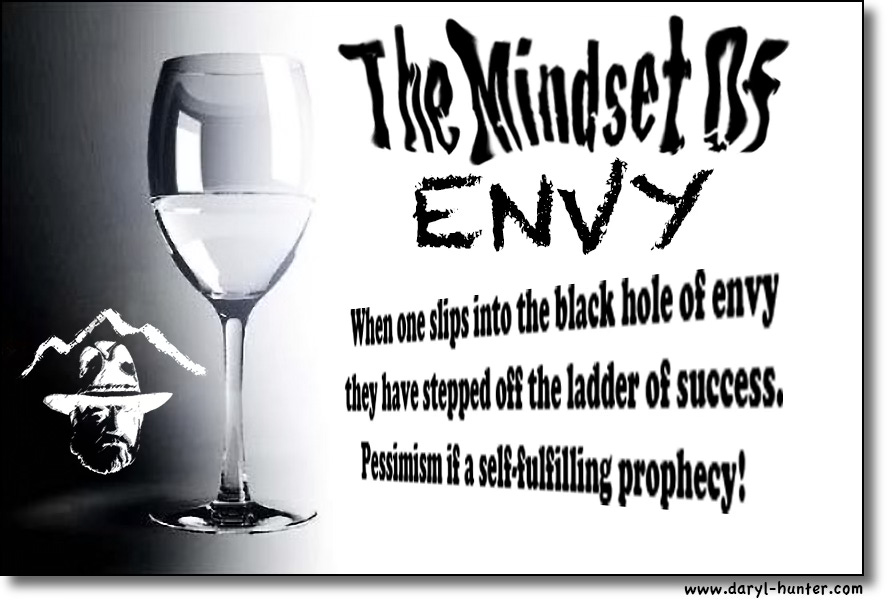A Human's Nature; according to Daryl
A human's nature is such an amazing, complex, dynamic yet stubborn thing. Human nature is an integral part of all interaction we have with others, ~~~~~~
By Daryl L. Hunter.
One evening an old Cherokee told his grandson about a battle that goes on inside all people.
He said, ‘My son, the battle is between two ‘wolves’ inside us all.
One is Evil. It is anger, envy, jealousy, sorrow, regret, greed, arrogance, self-pity, guilt, resentment, inferiority, lies, false pride, superiority, and ego.
The other is Good. It is joy, peace, love, hope, serenity, humility, kindness, benevolence, empathy, generosity, truth, compassion and faith.’
The grandson thought about it for a minute and then asked his grandfather:
‘Which wolf wins?
The old Cherokee simply replied, ‘The one you feed.’
Human's Nature
A human's nature is such an amazing, complex, dynamic yet stubborn thing. Human nature is an integral part of all interaction we have with others, yet we never seem to learn all its lessons. We have a co-evolution of learned behavior and the structure of social interaction, as well as genetic development, that may span across the missing link.
Urge for freedom
Thomas Paine's Natural Rights writings illuminated humanity's natural right to freedom. People fighting for their freedom will never give up permanently. A struggle for freedom may last for hundreds of years, but those yearning for it will someday achieve it, and they will fight until they do. The Annamese people of Vietnam exemplify this; they sought freedom from the French since the late 1860s. As our allies in WWII, they assumed we would grant them freedom; however, in a failure of benevolence, we turned our backs on them and returned them to the French in 1945. Only then did the Annamese become communist. Communism was expedient because Mao Zedong, China's communist leader, became their new benefactor in their fight for freedom. The Annamese finally won their long-sought autonomy in 1975. If we had done for Vietnam in 1945 what we did for South Korea in 1953, Vietnam would likely be a richer country than South Korea, our world's 11th largest economy.
Ancient animosities hegemony
It has been written that men are from Mars and women are from Venus; this is also analogous to other cultures. Women have a different mindset than men. Asians have a different mindset than Persians; Europeans have a different mindset than Arabs. Arapahos have a different mindset than the Navaho. Masi have a different mindset than the Zulu. Tribes living contiguously to one another can also vary deeply in their thought processes. Tribal and ethnic animosities can last for centuries. People of a tribe or ethnic group may not even remember why they hate their neighbor so badly, but they do hate them.
Countries in the Balkans, being ethnically tribal in nature, needed to be divided by new country boundaries so all could thrive, not for ethnic purity, but because their ancient hatreds for one another deny them the ability to live peacefully side by side. Kosovo shouldn't be part of Serbia; it should be independent or part of Albania, as they share the same ethnicity and therefore commonality.
We here in America have trouble relating to such ancient animosities. We have a relatively short history of 400 years on this continent. We came from all over the world to start anew in a new land. We are a mobile society and the descendants of risk-takers, seekers of a better life, individuals who left their ancient tribal animosities behind. Our young, homogeneous culture has yet to develop the ancient bitterness of many cultures in the world. As a people, we do not understand foreign cultural motivations, reactions, and ancient hatreds, as they make little sense to us. However, our ignorance of them is not a valid reason for Americans to ignore the existence of such ancient animosities as we try to engage with others in the world. We must do a better job of understanding the idiosyncrasies of our friends and enemies.
The British failed to factor in human nature, ethnicity, or culture when they drew many of the country boundaries of the Middle East and Asia after World War One. They divided lands from a western perspective, probably along lines that were easy to survey. Rivers and mountain ranges may appear to be great boundaries from a western viewpoint, but many of these boundaries divided the people who lived within them and bound many to those they hated. This explains many of the Middle Eastern and South Asian conflicts that may never end. Palestinians, Jews, Indians, Pakistanis, Kashmiris, Kurds, Armenians, etc. If Great Britain had drawn ethnocentric lines instead of geographic ones, we wouldn't have nearly as many conflicts in the world today.
Utopian Worlds
Karl Marx and Thomas Jefferson both envisioned a utopian world. They greatly impacted the world with their ideas. Both ideals shared the same goal: a world that functioned on a better and higher level. Although Karl Marx's utopian ideal of socialism presented a perfect society on paper, it failed the test of human nature. Instead, it played to the worst aspects of human nature, nurturing laziness, envy, complacency and compounding the problem by not rewarding productivity. That is why socialism has failed wherever it has been tried.
Thomas Jefferson and his fellow founding partners' free-market utopian republic ideal, coupled with the rule of law, did the opposite; it appealed to a more productive part of human nature. You produce something, and you are monetarily rewarded for it. If you don't produce, you don’t prosper—a motivational reward and penalty. With a little help from his friends, Jefferson established a freedom under law that nurtured its value. Our freedom and financial success have fostered a contagious benevolence that makes us want to spread wealth and success in a non-imperialistic way. This benevolence creates trading partners, and trading enriches everyone involved.
Envy
Envy is a part of human nature, and it is a component of us all—latent in some, all-consuming in others. Many hate the rich merely because they envy them. The poor hate the rich, just as poor countries resent the wealthy ones. This is the elemental source of much of the hatred directed toward America, with the weak rationalization being America's imperialism. This fallacy is bogus on its face; where is our empire and conquered lands with the exception of the USA itself? We have returned them all to their indigenous owners after America conquered the interlopers. We may have our fingers in every pie, acting as a benevolent big brother that helps other nations become stronger trading partners, as commerce is the source of our mutual wealth, not imperialism. This truth is lost on the envious, as poverty also manifests itself as a mental block. We are prosperous, and the poor countries envy that.
Modern societies stand at a crossroads where the understanding of human nature can significantly influence their development. By deeply embracing the inherent lessons of human nature—such as our need for social connections, the drive for purpose, and the quest for autonomy—cultures can be nurtured in ways that not only encourage productivity but also enhance personal freedoms. Cultivating environments where individuals feel valued and empowered is essential. This can lead to innovative thinking, collaboration, and a robust economy, all of which thrive in an atmosphere that respects and celebrates human instinct. Ultimately, societies that learn from these lessons are more likely to build systems that harmoniously balance productivity with the fundamental needs for personal and collective freedom.
Wealth is more than just a numerical representation of money; it originates in the mind. Both individuals and nations that achieve prosperity typically start with a rich mindset. This mental state includes attitudes, beliefs, and approaches to life that foster growth, innovation, and resilience. For individuals, having a positive and growth-oriented mindset encourages them to pursue opportunities, take risks, and overcome challenges. Similarly, for nations, a robust foundational constitution—encompassing governance, education, and social values—plays a critical role in creating an environment where citizens can thrive. Therefore, it is this mental richness, this philosophical foundation, that enables both people and countries to excel and achieve financial success.
American warriors and politicians would be wise to learn the history of the people with whom they are entangled. When drawn into foreign affairs, we should first understand the indigenous history. Then, upon resolution of the dispute, if border modifications would facilitate peace, they should be created around mutual ethnic, tribal, or societal lines instead of geographic lines or the thoughtless post-World War One lines made famous by the British.
Bribery baksheesh extortion
Many cultures across the world have come to accept bribery as an inescapable fact of life, and its acceptance keeps many countries in third-world status. The necessary bribing of officials cripples growth and prosperity for both businesses and the citizenry, thereby hindering their gross domestic product. Once this human nature to take whatever it can permeates a society from top to bottom, it becomes almost impossible to eradicate, perpetuating societal failure.
Bribery, baksheesh, and extortion retard a society's growth even more than excessive taxation, although the dynamics are parallel. Whether it is a government or a thug pocketing the populace, it hampers the populace’s ability to excel. This is human nature's predatory instinct.
Veneer of Civility
Once it becomes impossible to talk to the other side and find points of agreement and compromise, the stage is set for social disintegration. Over the last couple of centuries, we Western humans have come to believe that our veneer of civility extends to our core. We believe this because most of us in Western society never put our civility to the test. Like it or not, humans are nothing but animals dressed up in a veneer of good behavior, shiny side out, while our latent animalistic tendencies are buttoned up underneath. This is why riots are so easy to start and why some understand the mentality of tossing the first brick.
The chaos of war often exposes what lies just beneath the surface of many humans. War, being a brutal struggle, offers the opportunity for our societally suppressed animalistic tendencies to surface.
The same dynamic is exposed at the drop of a hat in any civil unrest; any opportunity for mob rule and societal veneer falls away. A sports team wins a championship, hometown riots erupt, an unpopular racial court decision leads to town riots, a prophet parodied, followers riot, and a natural disaster prompts town looting.
Evolution is a slow process, and although it has been seven, eight, or nine millennia since we began attempting to become civilized, we have achieved only a thin veneer to mask our natural animal brutality.
In the timeless tale of the two wolves, the old Cherokee imparts a profound truth: the qualities we nurture within ourselves shape not only our character but also the world around us. Human nature, with its intricate blend of light and shadow, drives both our greatest triumphs and our deepest conflicts. From the unyielding quest for freedom to the persistence of ancient animosities, from the corrosive grip of envy and bribery to the transformative power of a rich mindset, we see that the battle between good and evil rages not just within individuals but across societies and history. By understanding and embracing the lessons of human nature—its need for connection, purpose, and autonomy—we can cultivate cultures that foster innovation, compassion, and resilience. Ultimately, the wolf that wins is the one we choose to feed, and by feeding the good—through empathy, wisdom, and a commitment to mutual understanding, we can build a world that reflects the best of what it means to be human.










